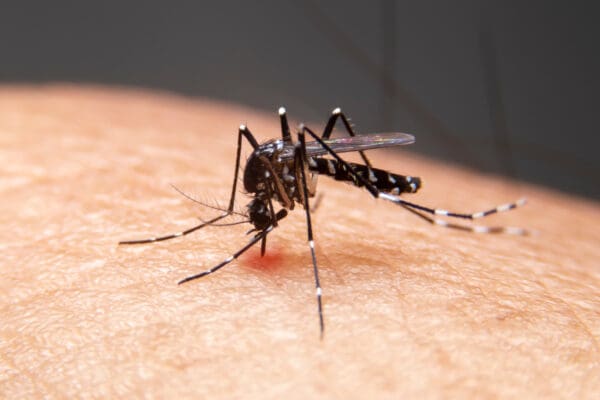
Learn About Mosquitoes
Mosquitoes can live indoors and outdoors, and some species bite during the day while others bite at dusk and dawn.
Below are some tips to avoid mosquito bites and prevent mosquito-borne diseases:
- If you are outdoors when mosquitoes are most active, wear long pants, a long-sleeved shirt, shoes, and socks.
- Wear light-colored clothing, which is less attractive to mosquitoes.
- Use EPA-registered mosquito repellent and apply according to the label directions.
- Wear clothing and gear treated with repellent.
- Install or repair screens on windows and doors to keep mosquitoes out of your home.
Take Precautions
Richland Public Health officials are encouraging all Richland County residents to take precautions to protect themselves and your families from mosquito bites and to reduce mosquito breeding sites near their home:
- Recycle all unused tires or make sure they are not holding water. Each tire can become a breeding area for thousands of mosquitoes.
- Eliminate all water-holding containers, such as tin cans and unused flower pots, from your property.
- Eliminate or drain water features or areas on your property where standing water lasts more than seven (7) days.
- Make sure all roof gutters are clean and drain properly.
- Clean and chlorinate pools, outdoor saunas, and hot tubs. Keep them empty when not in use and drain water from pool covers.
- Change water in birdbaths weekly.
- Change water in kiddie pools regularly and eliminate standing water that collects around the edges of the pools.
Richland Public Health conducts mosquito trapping and surveillance to know what areas are experiencing increased exposure and to identify the types of mosquitoes present.
In addition to trapping and surveillance, Richland Public Health conducts mosquito spraying, weather permitting. During the active mosquito season, those sprayings events are posted every Friday on the Richland Public Health website, Facebook, and Twitter.
Life Cycle
Mosquitoes have four separate stages in their life cycle. They begin as eggs that are laid atop or near bodies of water either singularly or in clusters called rafts. The eggs then hatch into larvae and live in the water. Larvae go through four stages of their own called instars before molting into pupae. It is in the pupal stage that the adult mosquito begins to form. Within a few days, the cycle will be complete with the adult emerging on the surface of the water where it will then fly.
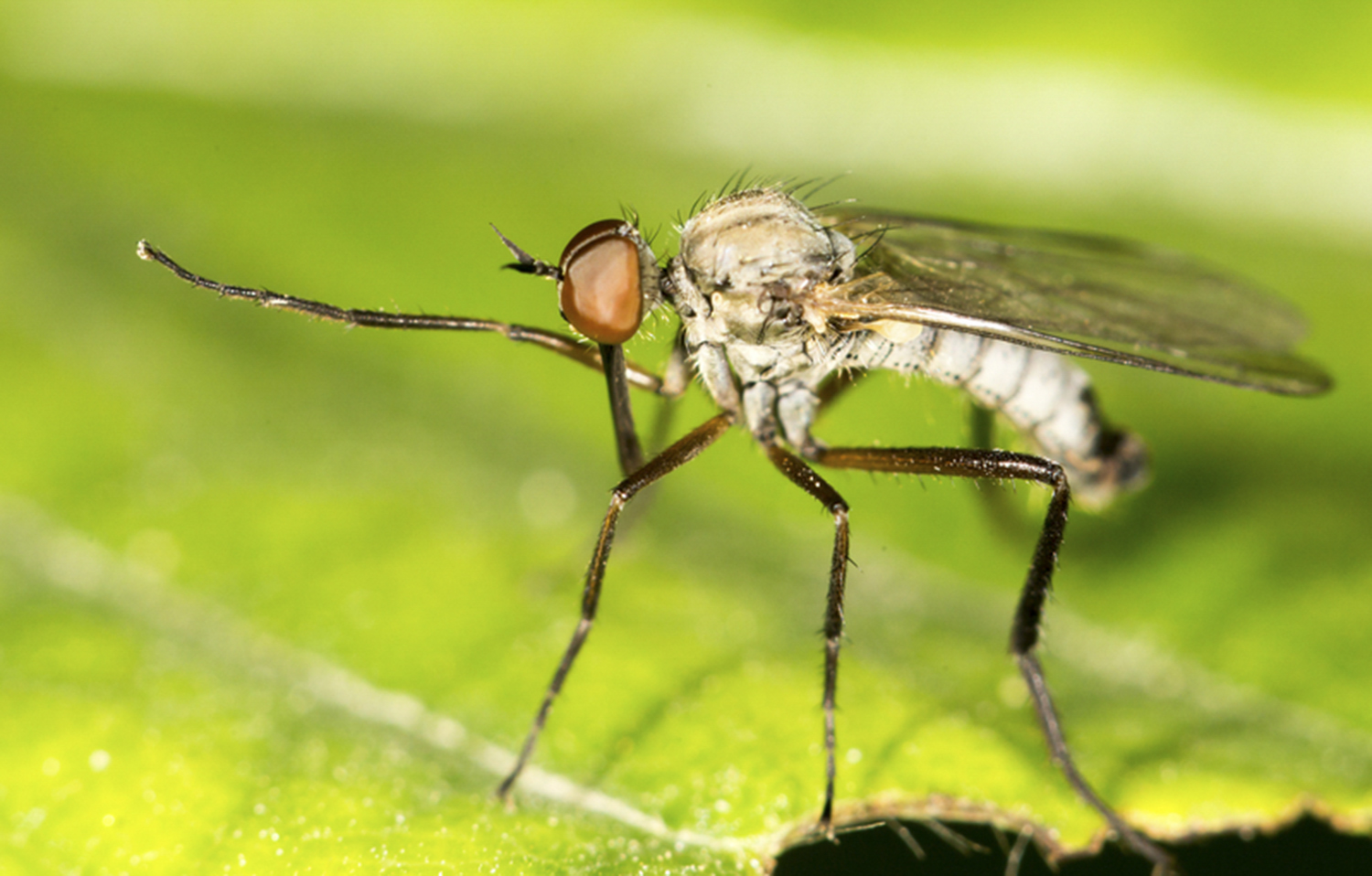
Biting and Breeding Habits
Mosquitoes feed primarily on nectar but the female must take a blood meal before she can produce her eggs. The male mosquito does not need a blood meal and therefore does not bite. Most female mosquitoes only mate once, after which they are capable of producing eggs on their own, with the help of another blood meal of course. Female mosquitoes typically live for about a month but can produce up to 1,000 eggs in their lifetime.
There are over 60 different species of mosquitoes in Ohio. It is important to remember that not all mosquitoes carry diseases and most prefer not to bite humans. There are, however, several species of mosquitoes that carry diseases such as West Nile virus, La Crosse, and St. Louis encephalitis. Here are some common mosquitoes in Ohio and the diseases they can carry:
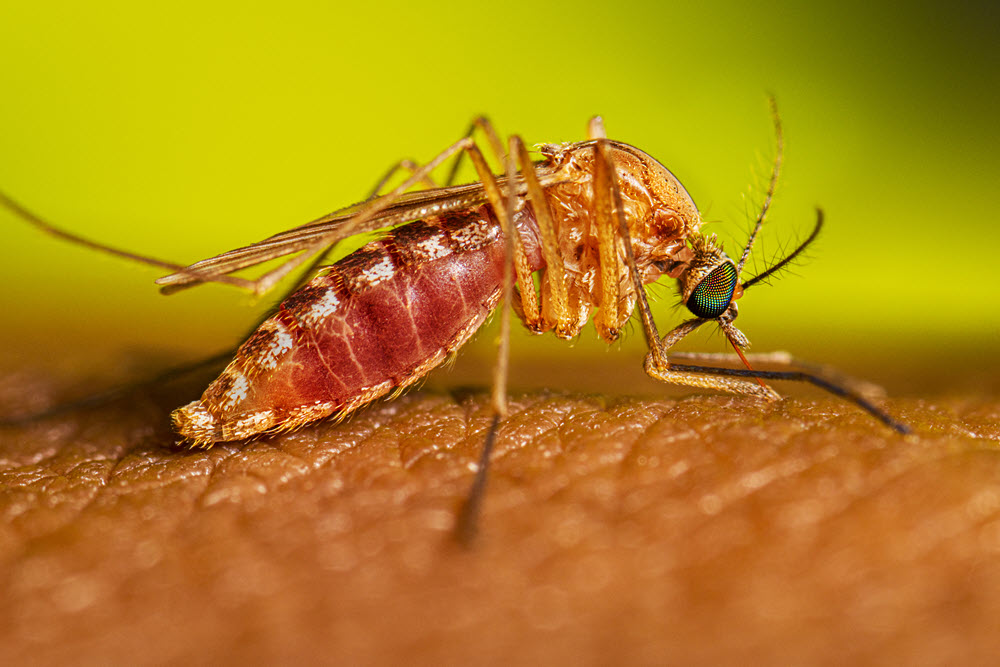
Culex pipiens
- Active in the evening
- Breeds mostly in stagnant water and containers
- Mostly feeds on birds but will bite humans
- The primary vector for West Nile virus and St. Louis encephalitis
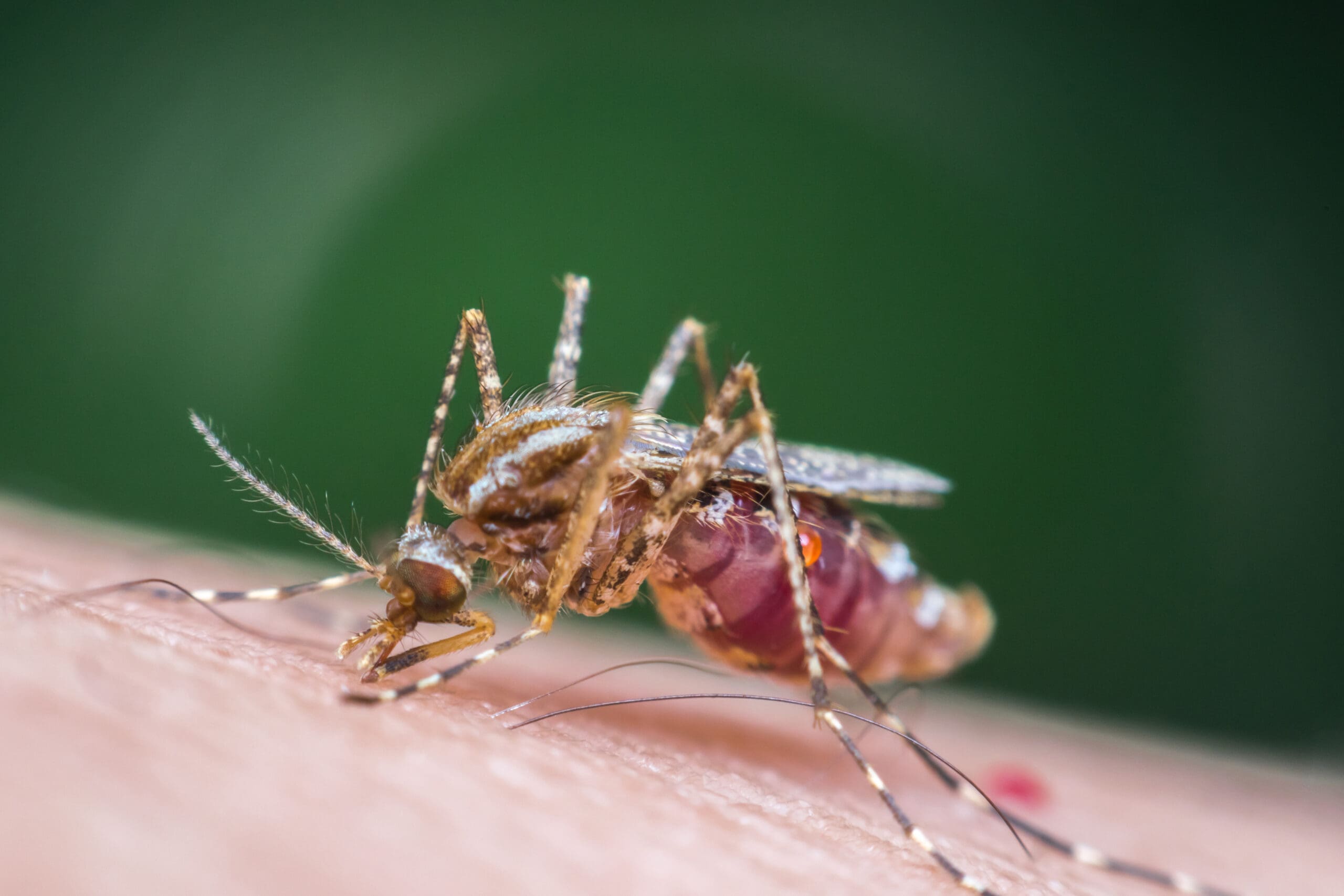
Aedes triseriatus
- Active during the daytime
- Found mostly in wooded areas and breeds in tree holes
- Feeds on small mammals and will bite humans
- The primary vector for La Crosse encephalitis
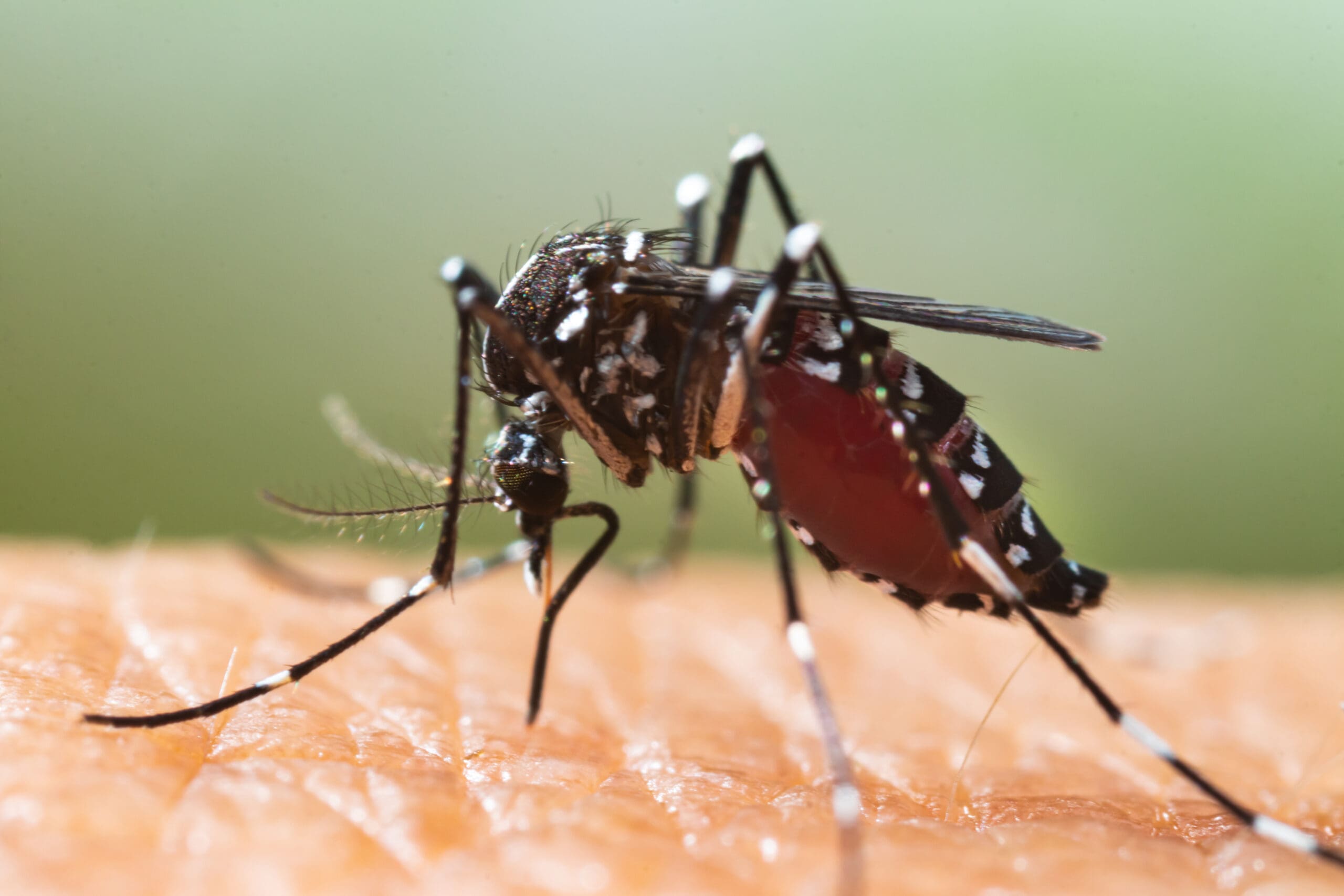
Aedes albopictus
Asian tiger mosquito
- Active during the daytime and evening
- Breeds in containers and tires
- Very aggressive mosquito and often prefers to feed on humans
- *Vector for Dengue and Chikungunya and possibly Zika virus
*Please note that these diseases have not been found to be locally acquired in Ohio. People contract these diseases when traveling to areas where the disease is present. Because of the aggressive nature of this mosquito and it is a good vector for disease, RPH monitors the population of these mosquitoes closely and implements control.
